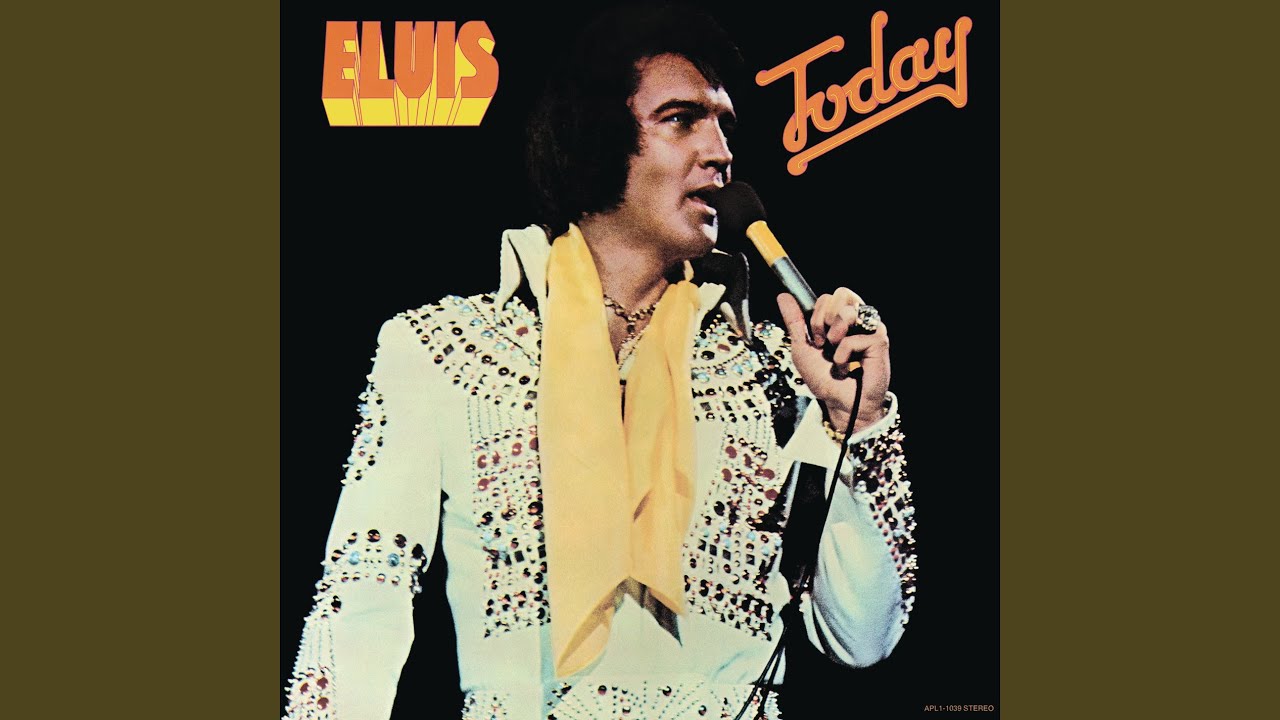
About The Song
Elvis Presley’s “Today, Tomorrow and Forever”. Released in 1964, this song offers a fascinating glimpse into a transitional period for the King of Rock and Roll. While still undeniably Elvis, with his charismatic vocals and smooth swagger, the track hints at a shift towards a more polished and pop-oriented sound.
---> Scroll down for the VIDEO
This wasn’t necessarily a bad thing. The early, raw energy of Elvis’s Sun Studio recordings had propelled him to superstardom, but by the early 60s, the musical landscape was evolving. The arrival of the Beatles and the British Invasion demanded a certain adaptation. “Today, Tomorrow and Forever” reflects this.
The song itself is a delightful confection, a sugary sweet ballad built on a bed of shimmering guitars and a steady backbeat. The lyrics, penned by songwriting trio Bill Giant, Bernie Baum, and Florence Kaye, are classic Elvis fare – declarations of undying love wrapped in playful metaphors. “Today, Tomorrow and Forever” isn’t Elvis at his most profound, but it’s a charming and catchy tune nonetheless.
---> Scroll down for the VIDEO
However, what makes the song truly interesting lies in its backstory. Originally conceived as a duet for the 1964 film Viva Las Vegas, it was intended to be sung by Elvis alongside his co-star, the vivacious Ann-Margret. A duet version was indeed recorded, but ultimately scrapped in favor of a solo rendition by Elvis for the film’s soundtrack.
The inclusion of the duet on the 2002 compilation album Elvis: Today, Tomorrow, and Forever allows us to appreciate the song in a whole new light. The interplay between Elvis and Ann-Margret’s voices adds a playful energy that’s missing from the solo version. It’s a fun exercise for Elvis fans to compare the two, and to ponder what might have been.
Ultimately, “Today, Tomorrow and Forever” stands as a pleasant and representative example of Elvis Presley’s mid-60s sound. It’s not earth-shattering rock and roll, but it’s a testament to his enduring charisma and ability to adapt to the changing musical tides. Whether you prefer the smooth swagger of the solo version or the playful energy of the duet, this song offers a delightful window into the ever-evolving career of the King.